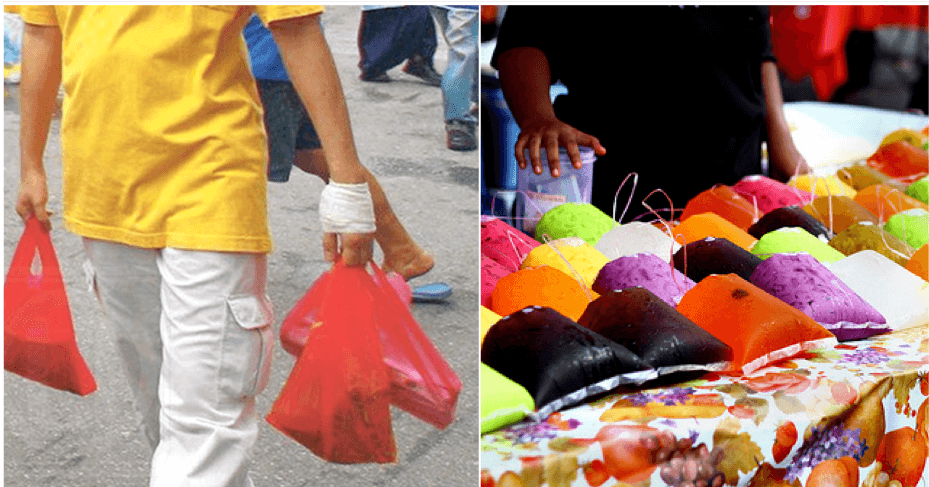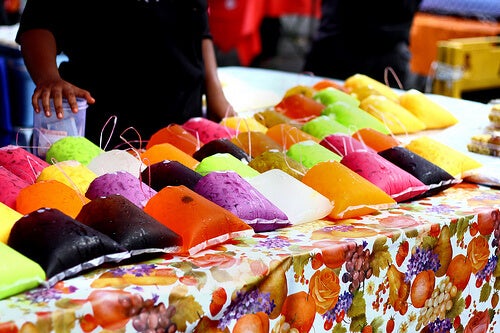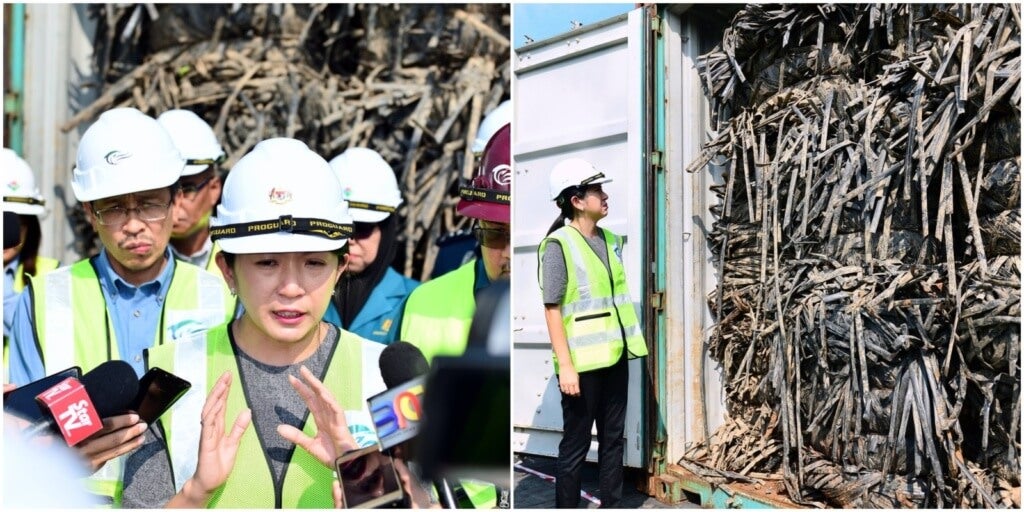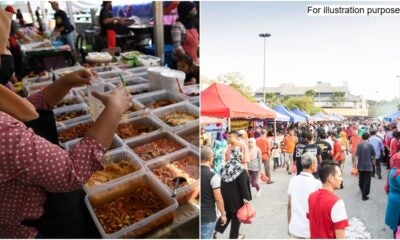As Malaysians, all of us are guilty of using single-use plastics daily, such as straws, styrofoam containers, and plastic bags. However, slowly, but surely, we have achieved some success in the eradicating them, especially in the supermarkets, mini-marts, and cafes.
But did you know that small businesses and vendors such as the mak cik at the Ramadan bazaar suffer the most from the plastics ban?
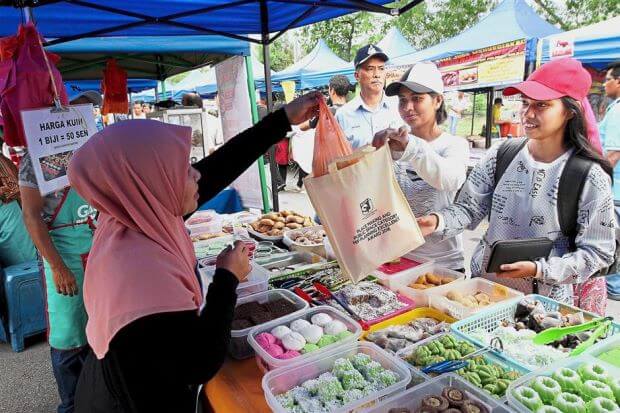
Source: the star
Now without the use of plastics, business owners need to find packaging alternatives that are so costly, they eat into their profit margins. Encik Taufek, a restaurant owner in Gombak, explains that it is not even possible if they tried,
“We find it impossible to run a restaurant without the use of plastic straws or packaging. Most Malay dishes are wet or served with gravy. If we pack them using paper. they will leak and it is not practical.”
Source: goasia plus
He also mentioned that replacing plastic straws with metal ones will drive up the cost. Another seller by the name of Encik Abu Az said that his expenses would quadruple if he replaces all his plastic containers to paper ones. He urged,
“Why burden us and not the big players such as the plastic manufacturers?”
While these sellers used to be notorious for using plastic, now, they are among the most active supporters of the campaigns. The only problem is that there is no way for them to help save the environment while making enough money to survive at the same time.

Source: malay mail
Encik Ruben Cortes, an environmentalist and director of social enterprise Build For Tomorrow, shares the same concerns. He explained that the roadmap for abolishing single-use plastic should be drawn with more thought.
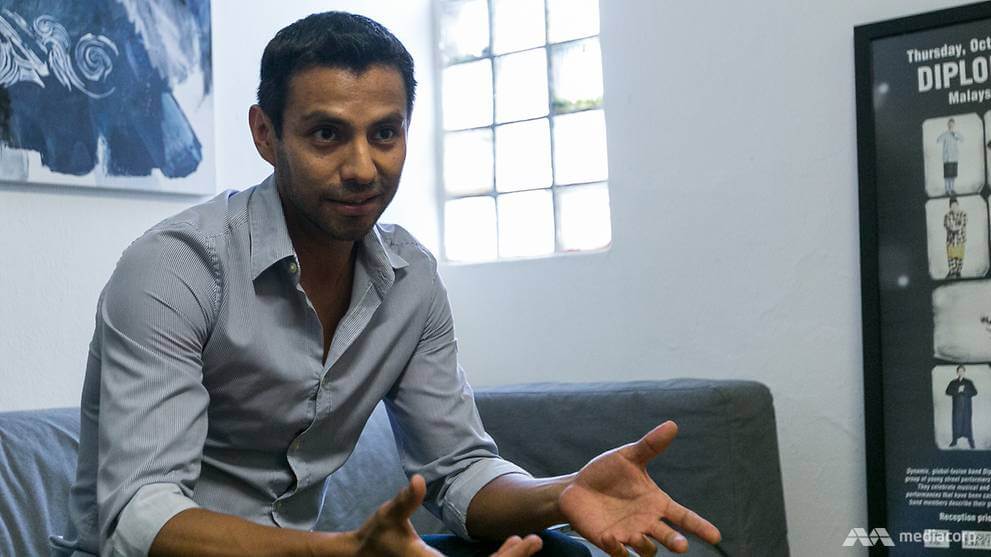
Source: cna
Everyone needs to be aware that it is more than just plastic straws and bags. He continued,
“We also have to look at the bigger picture such as who are the main players in the plastic industry. The big corporations and manufacturers will keep on producing these plastic products and distribute them.”
“Rather than targeting the small vendors at night markets or bazaars, pressure should be put on big corporations.”
He disagrees on focusing the enforcement on small vendors and their customers because it is not fair for them as they need plastic products as part of their business.
The goal is to end plastic use ultimately. The point of contention is how we get there. Why allow the multi-million Ringgit plastic companies to go untouched? Why hurt the vulnerable pak ciks and mak ciks when they have no current alternatives?
It’s everyone’s job to end plastic use, but who pays for it the most?

